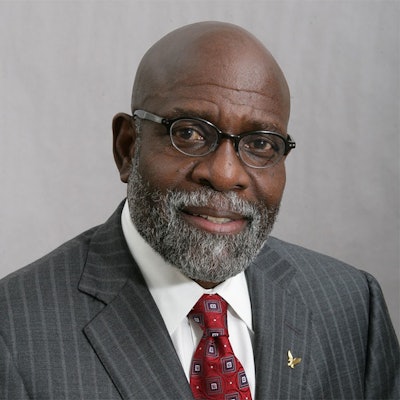As a student activist, a longtime faculty member, and an administrator in higher education, I am particularly proud of two career accomplishments. One was fifty years ago at Earlham, a small Quaker liberal arts college, where I helped repurpose a college-owned house into a Black culture center. The second was twenty-five years ago at Indiana University, where I helped a large, public, research university construct a new Black culture center.
In both instances, these centers were more than just one more campus building. They stood for the successful culmination of multiple generations of student advocacy. Unfortunately, students had to repeatedly make their case to skeptical and unsupportive university administrators, trustees, alumni, donors, and legislators. Too many of them viewed Black culture centers as unnecessary and racially discriminatory. Interestingly, many of these same individuals supported the construction and maintenance of exclusively white, campus-based fraternity and sorority houses, with troubling histories related to matters involving race and racial discrimination. Dr. Charlie Nelms
Dr. Charlie Nelms
While college and university Black culture centers vary in size, campus proximity, budget, staffing, and programming levels, it is estimated that there are now well over two hundred such centers found at predominately white colleges and universities around the country. In making the case for the establishment of Black culture centers, students and their supporters articulated, in part or in whole, a four-pronged rationale.
First, culture centers serve as a “home away from home” for Black students, many of whom are the first in their family to attend college. Second, culture centers supply culturally relevant and ethnically affirming programming for members of the campus community as well as those beyond the campus boundaries. Third, culture centers serve as propagators and stewards of Black history and cultural traditions of African Americans. Fourth, Black culture centers serve as venues for students to interact across racial, ethnic, and geographical boundaries.
From November 9th to the 12th, Indiana University’s Neal-Marshall Black Culture Center will host the 2023 Association for Black Culture Centers (ABCC) Conference. This year’s conference theme is “A Story to Tell: Sustaining Black Culture Centers Through Activism, Arts, and the Archives.” It reflects the strength and legacy of these iconic and beloved spaces that are of monumental importance to Black students.





















